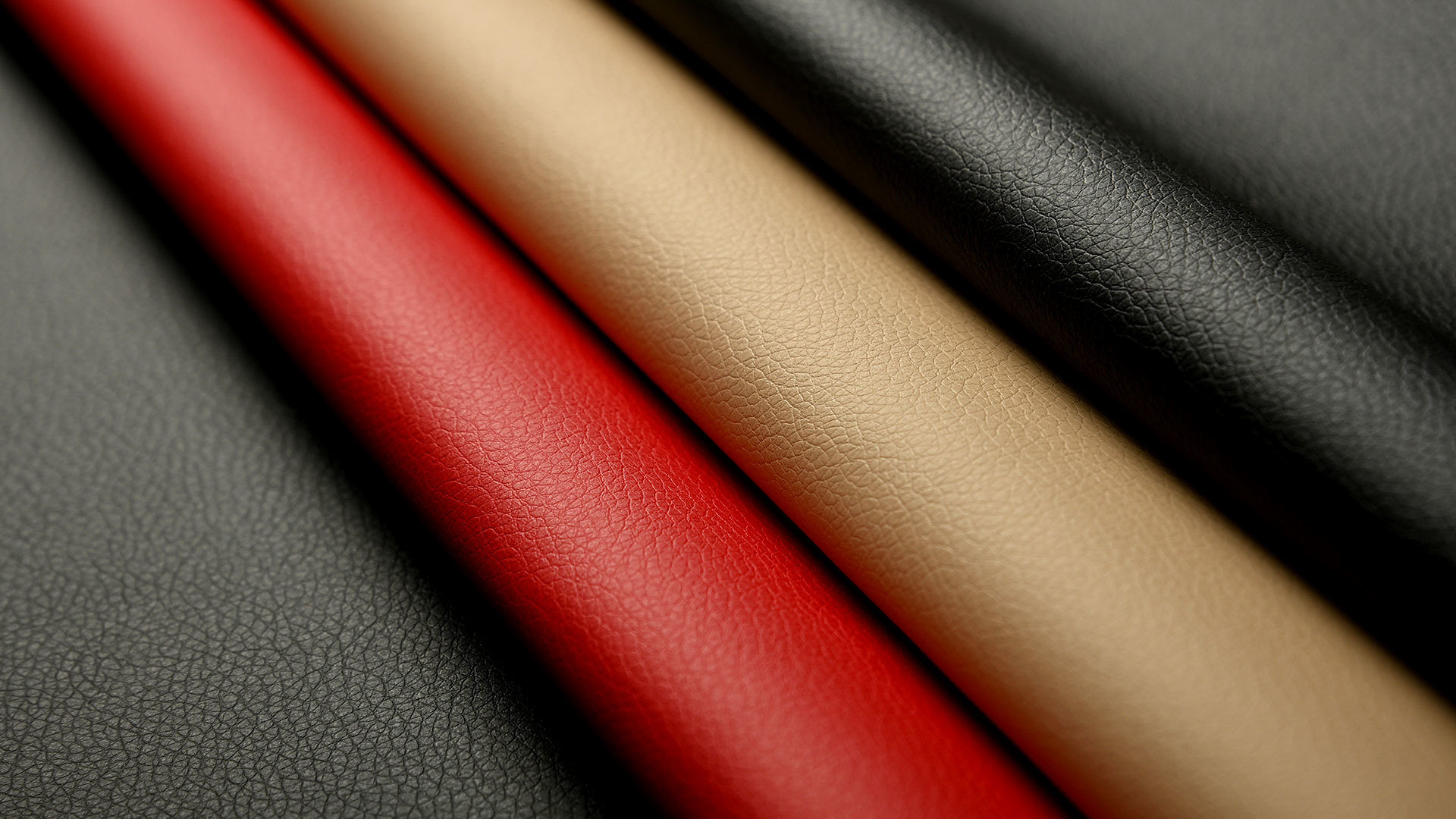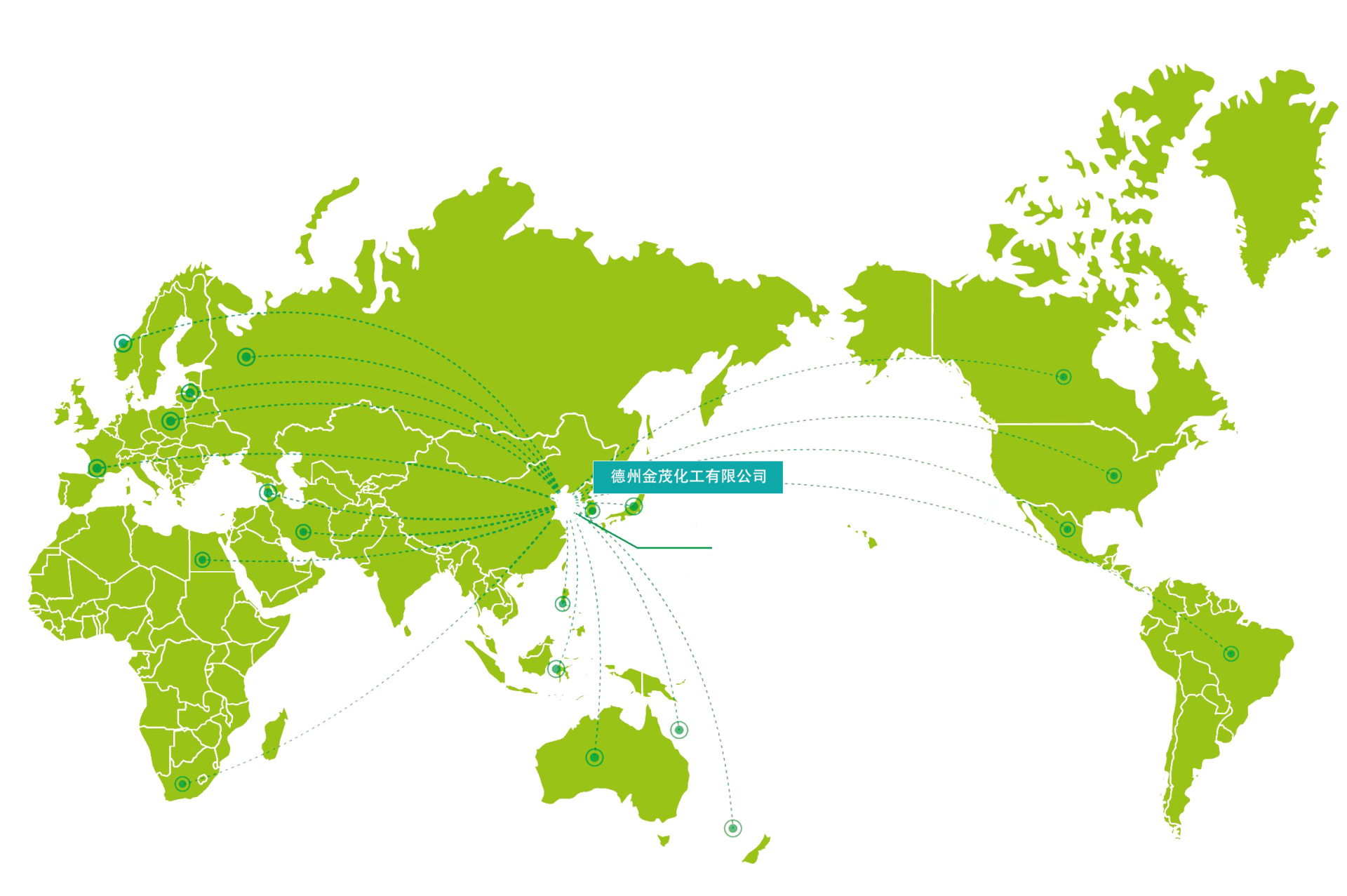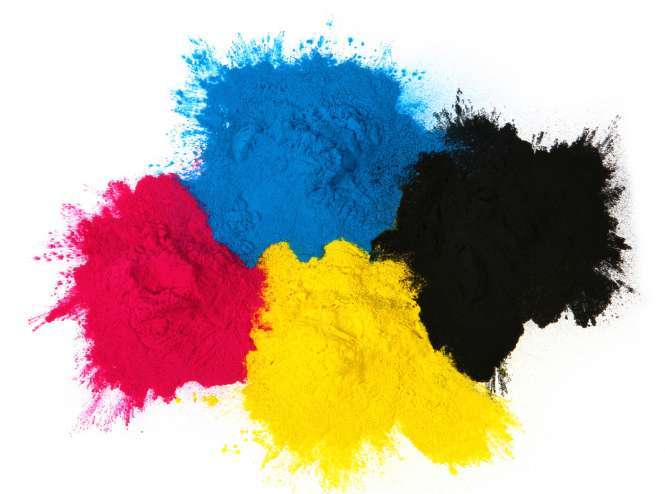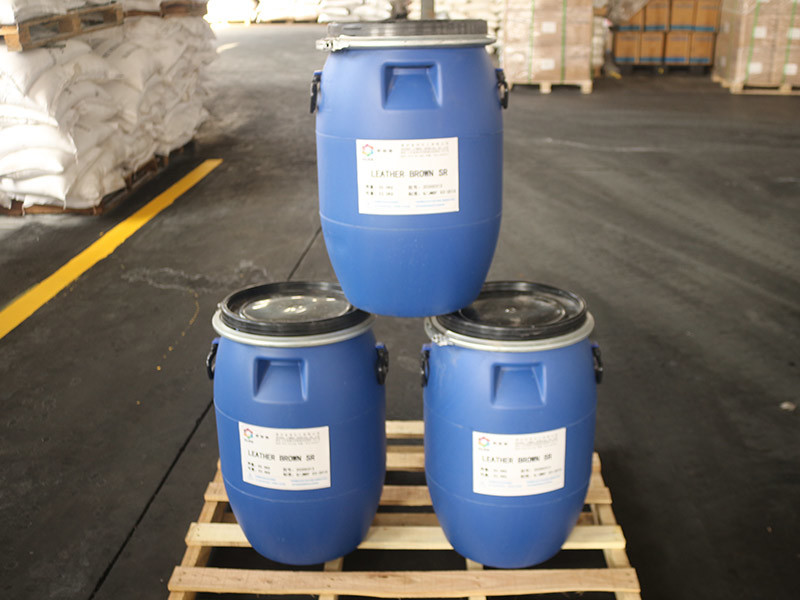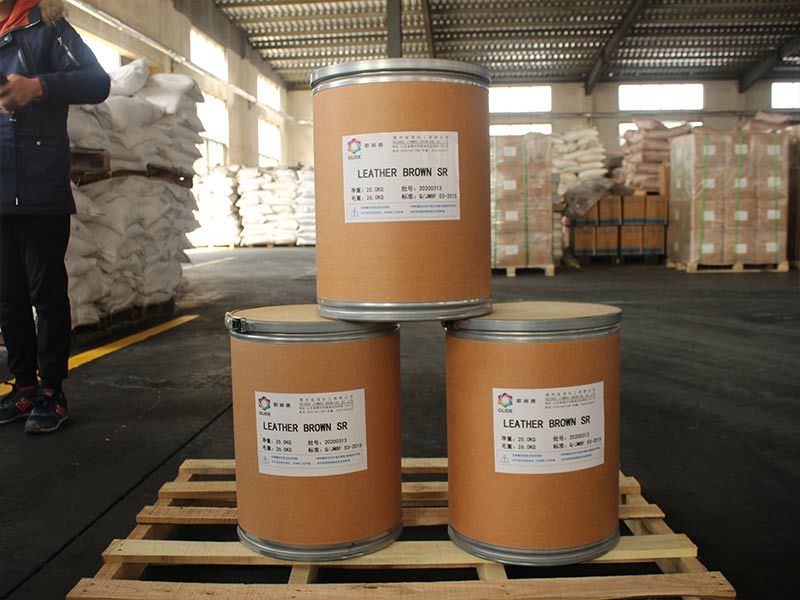Characteristics of Acid Dyes
Acid Dyes(Acid Dyes)are a class of water-soluble dyes that contain acidic groups in their structure. They are used for dyeing in acidic media. Most acid dyes contain sodium sulfonate, are soluble in water, and have bright colors with a complete color spectrum. The color fastness to sunlight and wet treatment varies greatly depending on the type of dye. Compared to direct dyes, acid dyes have a simple structure, lacking long conjugated double bonds and coplanarity, which makes them less effective for dyeing cellulose fibers. Different types of acid dyes have different dyeing properties due to their molecular structures, and thus the dyeing methods used also differ.
Classification: Acid dyes are classified into strong acid, weak acid, acid medium, acid complex dyes, etc., based on their chemical structure and dyeing conditions.
Usage: Mainly used for dyeing wool, silk, and nylon. They can also be used for leather, paper, ink, etc. Generally, they have no coloring power for cellulose fibers.
Introduction:Basic Dyes,basic dye(s), also known as cationic dyes. They are dyes that can dissociate in aqueous solution to form cationic pigments, thus classified as cationic dyes. Their characteristics include bright colors and brilliant fluorescence (mainly in magenta, yellow, orange, etc.), and they have strong coloring power, allowing for deep and vivid colors with a small amount of dye. However, they have poor color fastness and light resistance, but show good fastness when used on acrylic fibers. Basic dyes do not color cellulose fibers.
Usage: Due to the poor light fastness and wash fastness of basic dyes after dyeing fibers, they are now rarely used for fabric dyeing, mainly for coloring educational supplies, paper, and manufacturing color precipitates.
Latest developments


